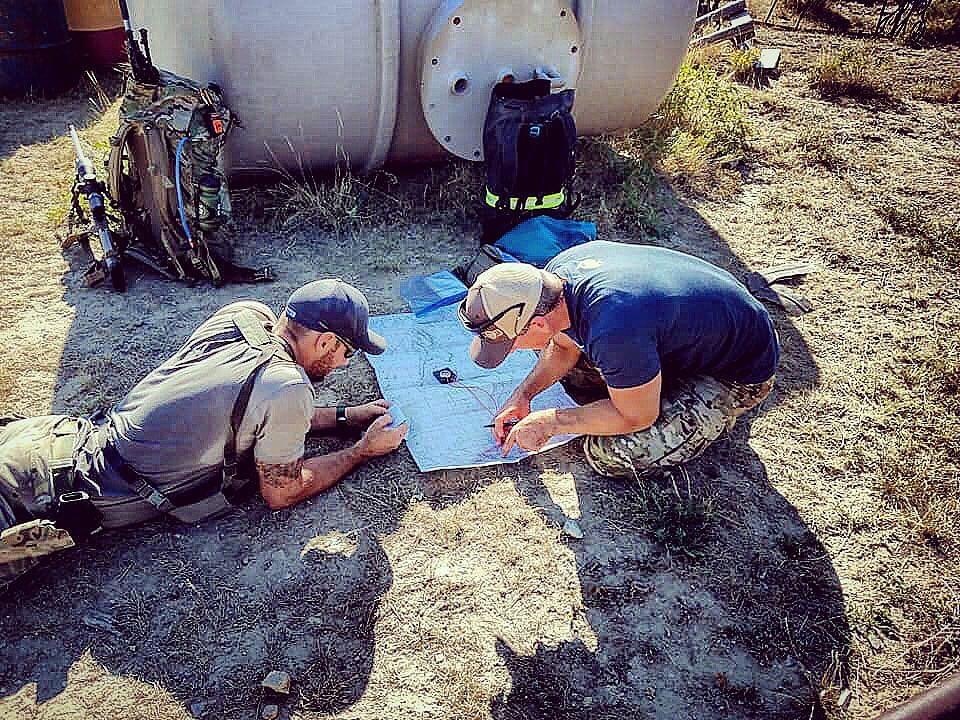
Importance of team communication and simplicity
Having watched so many teams in a performance setting I have separated out team communication as the dynamic that makes the biggest difference. It is crucial that shooting partners in a competitive context (and I would imagine in others) communicate in a way that’s very clear and straight to the point. lets hash this out more.
Teams need to make sure their messages are clear to avoid any mistakes and interpretation issues. Speed is key as well; they have to share information concisely because more often than not time matters. Also, it’s important for team members to double-check with each other to confirm that both of them have the same understanding of the situation. This kind of communication helps the team work together smoothly, make accurate decisions, and act quickly, ensuring they can do their jobs effectively without any confusion.
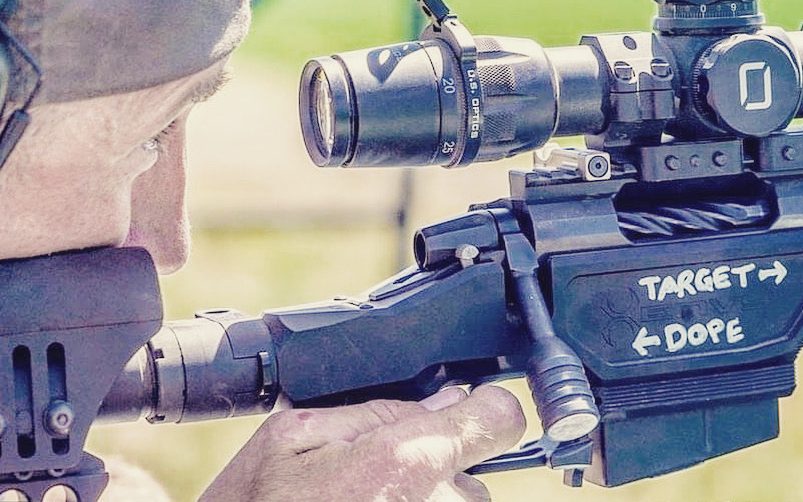
Foundations of Communication
I believe that effective team communication hinges on three key components: being clear, concise, and confirming. Firstly, clarity ensures that the message is understood exactly as intended, crucial for precision in time sensitive scenarios. Secondly, conciseness is about getting the point across quickly without unnecessary details (something I struggle with personaly), essential in scenarios where every second counts. Lastly, confirmation involves team members checking with each other to ensure that the message received is the one that was intended, thereby eliminating any potential for misunderstanding. Together, these components form the backbone of successful team communication, enabling them to execute their tasks with the required accuracy and efficiency.
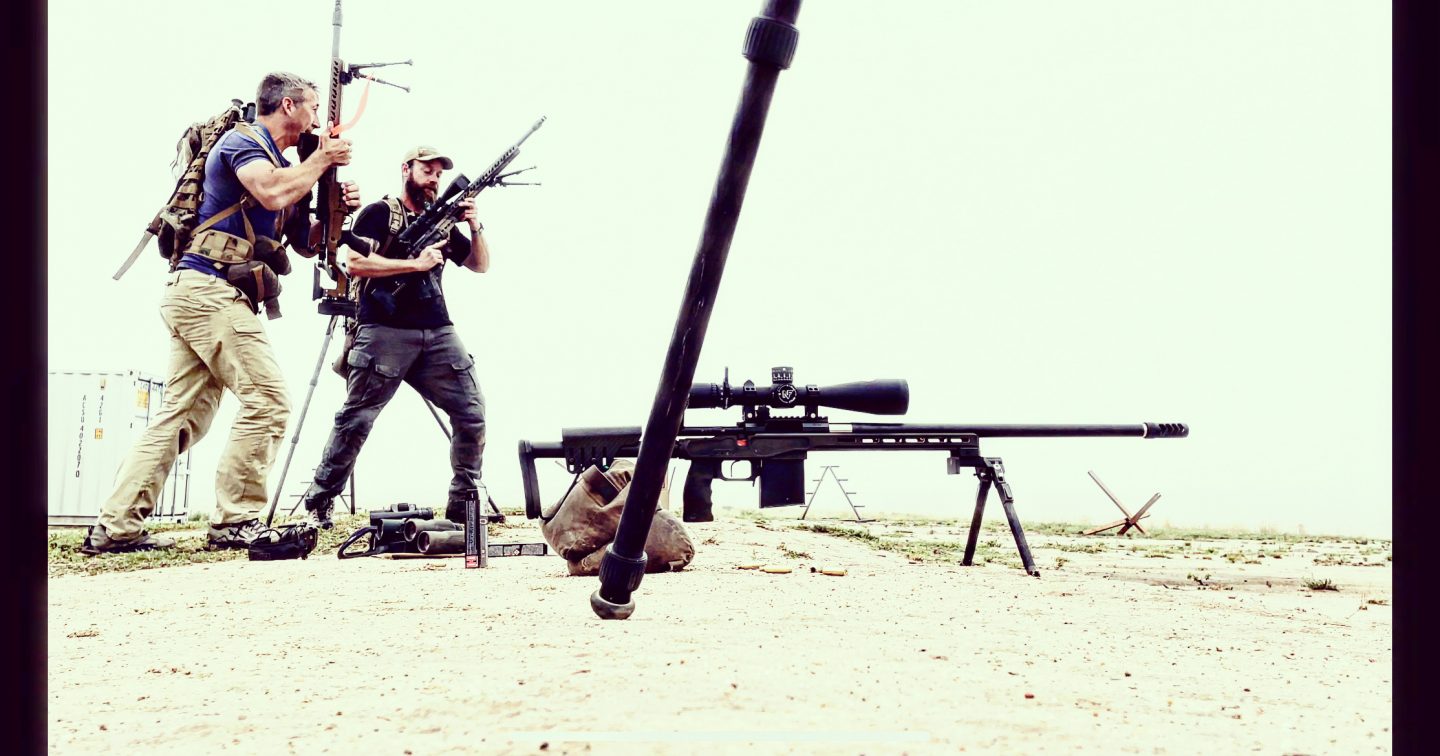
Communication styles
I put this in here because I know my style and it can often conflict with a partners style if they arent accustomed to it. So, perhaps you wont have this issue, but I felt like I had to share the part I work on with team mates the most with.
Each team member may have a preferred way of exchanging information, and understanding these preferences can enhance teamwork. Finding a communication style that fits both team members’ personalities is crucial. It’s important for them to be clear and straight to the point, especially in situations where quick decisions are necessary. But they also need to find a way to communicate that feels right for both of them. This might mean blending their styles, being assertive yet considerate, ensuring they understand each other perfectly. They might rely on non-verbal signals too when silence is key. Adapting their way of communicating to fit each situation and their unique personalities can make the team stronger and more in sync, helping them work together effectively and tackle their missions successfully.
Barriers to Communication
Assumptions and Biases: Sometimes team members might make guesses or have pre-judged ideas about what others are thinking or how they’ll act. This can lead to misunderstandings because they’re not seeing the situation clearly or are missing out on what the other is really saying.
Lack of Clarity: If the team isn’t clear about what their goal is or what each person should be doing, it can cause confusion. Both individuals need to know their role and what they’re supposed to achieve, or they might end up sending mixed messages to each other, which makes them two individuals together rather than one team.
Interpersonal Skills: Not everyone is great at talking or listening. Some people find it hard to get their point across or might not pick up on what others are trying to say. If team members struggle with these skills, it can make it tough for the team to work smoothly together.
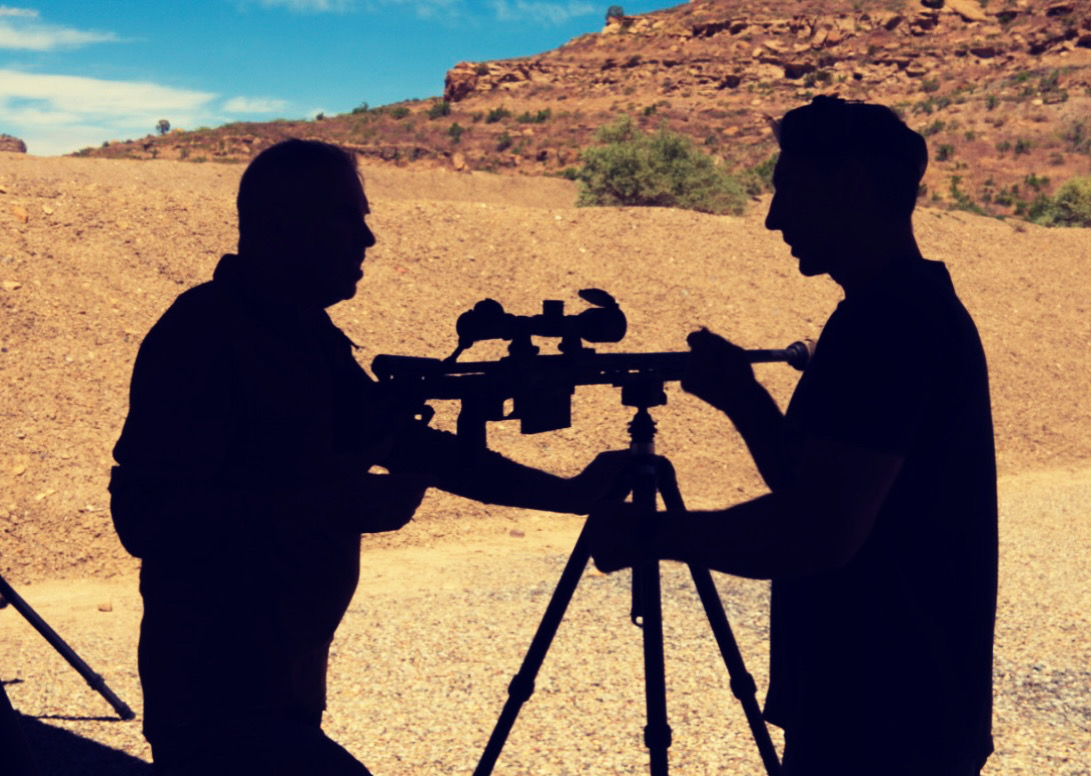
Developing Clear Communication
To address and develop ways to bypass future communication issues, set up regular practice sessions to talk about and work through any misunderstandings or preconceptions that could cause issues later. Make it a habit to ask for and give feedback to ensure both peoples views are based on real facts, not just assumptions. For clarity in goals and roles, make sure to clearly write down what you’re aiming to achieve together and what each person is responsible for. Keep checking and updating these goals and roles to make sure they’re still on point and clear to both of you. To get better at interpersonal skills, do practice activities that reflect the kinds of situations you encounter in real life. Create a system where you both can give and receive feedback on how you communicate, which will help you both get better over time.
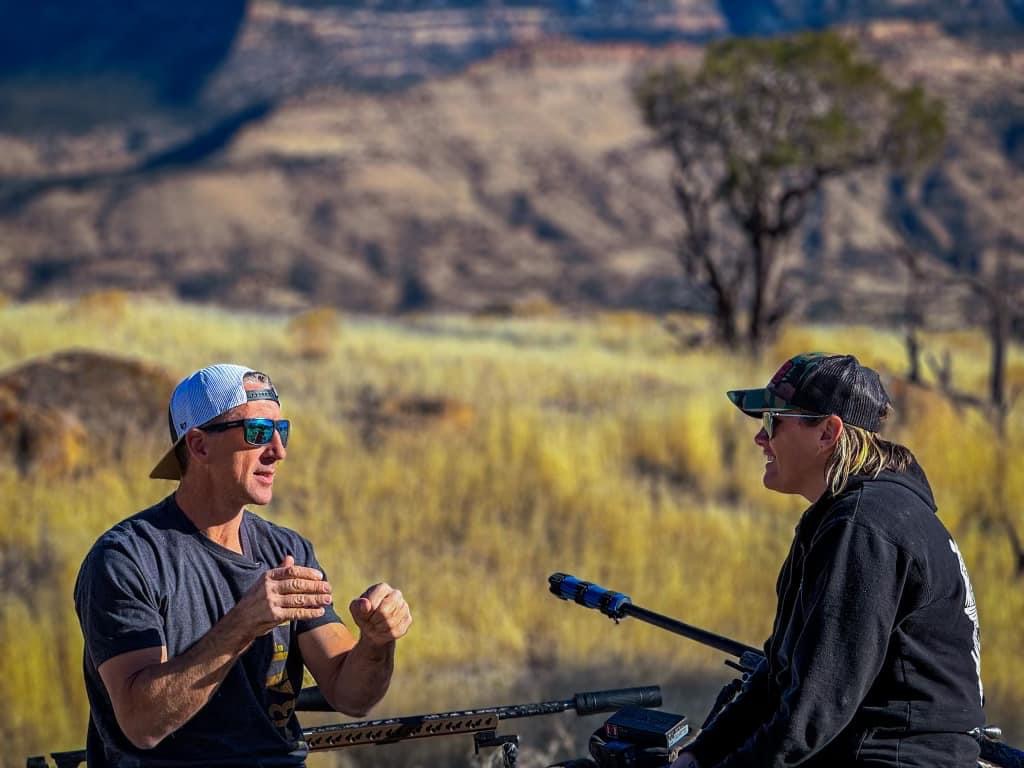
Maintaining Simplicity
To make their work simpler, a team can look at their current ways of doing things and figure out where their methods and techniques are too complicated. They should ask each other regularly for their thoughts on what’s confusing or unnecessary and then focus on keeping only what’s really important. It’s also a good idea to make their communication clear and straight to the point, use tools that make tasks easier, and have standard steps for common tasks to avoid confusion. Regular check-ins can help make sure these changes are working, and encouraging everyone to keep things simple can make the team more efficient and effective.
